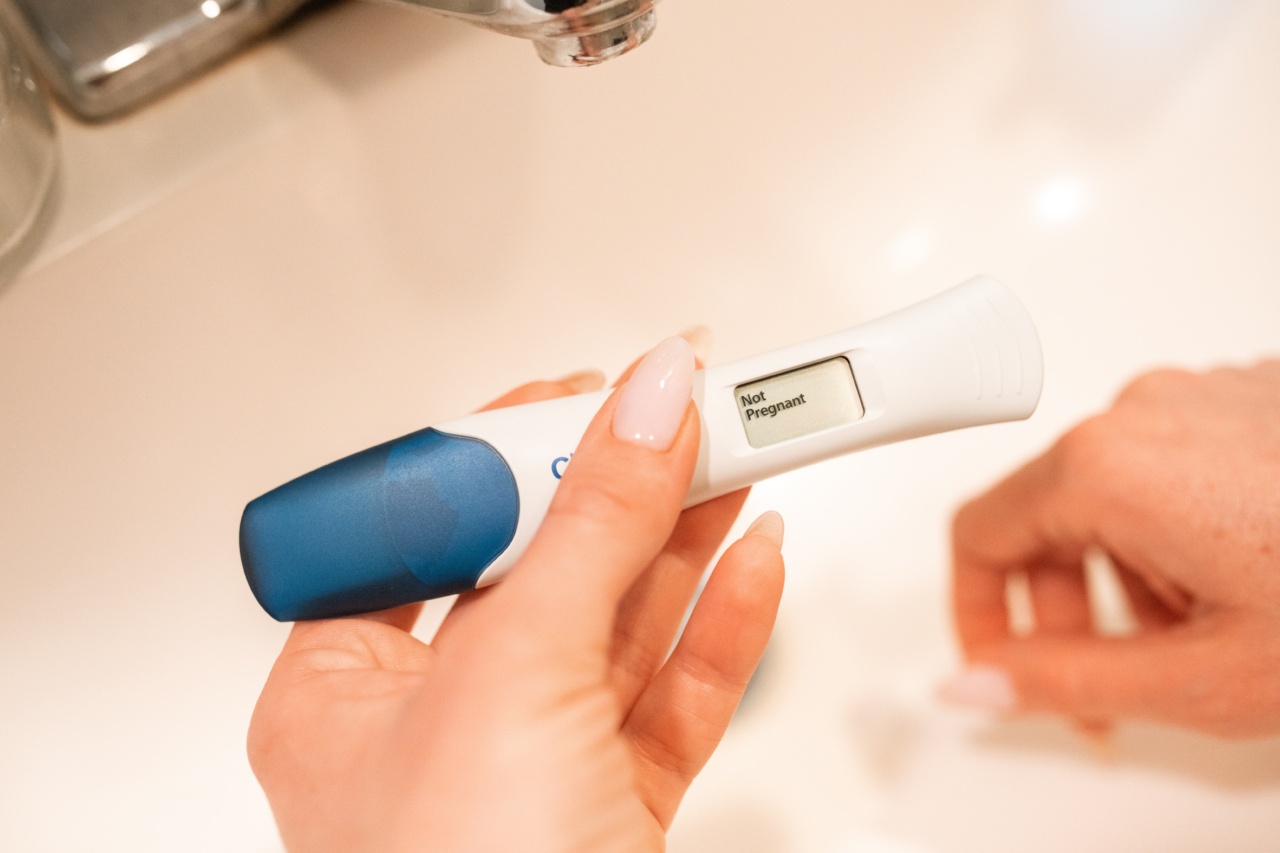High blood pressure, also known as hypertension, is a common health issue that can lead to serious complications if left untreated.
While most people are aware of the dangers of having high blood pressure, less attention is given to slightly elevated blood pressure – a condition known as prehypertension.
Prehypertension is defined as having a systolic blood pressure (the top number) between 120 and 139 mm Hg or a diastolic blood pressure (the bottom number) between 80 and 89 mm Hg.
While prehypertension may not seem like a cause for concern, it can increase your risk of developing health problems over time. In this article, we will discuss some of the silent health risks of slightly elevated blood pressure.
1. Chance of Developing Hypertension
Prehypertension is considered a warning sign that you may develop high blood pressure later in life. Studies have shown that people with prehypertension are more likely to develop hypertension than those with normal blood pressure levels.
If left untreated, high blood pressure can increase your risk of developing heart disease, stroke, kidney disease, and other serious health problems.
2. Cardiovascular Disease
Cardiovascular disease is a group of conditions that affect the heart and blood vessels, including heart disease, heart attack, and stroke.
Prehypertension can increase your risk of developing cardiovascular disease by damaging your blood vessels and causing fatty deposits to build up in your arteries. Additionally, high blood pressure can make it harder for your heart to pump blood, which can increase your risk of heart disease and other cardiovascular issues.
3. Kidney Disease
Prehypertension can also affect your kidneys by damaging the blood vessels that lead to them. Over time, this can cause kidney damage and increase your risk of developing kidney disease or kidney failure.
Additionally, high blood pressure can worsen existing kidney problems by putting additional strain on your kidneys and increasing your risk of complications such as kidney damage or failure.
4. Vision Problems
High blood pressure can also cause vision problems by damaging your blood vessels and affecting the blood flow to your eyes. This can lead to a condition known as hypertensive retinopathy, which can cause vision loss or even blindness if left untreated.
Additionally, prehypertension can worsen existing vision problems by increasing your blood pressure and putting additional strain on your eyes.
5. Sexual Dysfunction
High blood pressure can also affect your sexual health by reducing blood flow and damaging blood vessels in your genitals. This can lead to sexual dysfunction, such as erectile dysfunction in men and loss of libido in both men and women.
Additionally, high blood pressure can increase your risk of developing other sexual problems, such as premature ejaculation and delayed orgasm.
6. Sleep Apnea
Prehypertension can increase your risk of developing sleep apnea, a condition in which you stop breathing for short periods of time while asleep.
The condition is often caused by the relaxation of muscles in the throat, which can block the airway and make it difficult to breathe. High blood pressure puts additional strain on your heart and lungs, making it harder for your body to cope with the effects of sleep apnea.
7. Cognitive Decline
High blood pressure can also affect your brain by damaging blood vessels and reducing blood flow to your brain. This can increase your risk of developing cognitive decline, including memory loss, dementia, and Alzheimer’s disease.
Additionally, prehypertension can worsen existing cognitive decline by increasing blood pressure and putting additional strain on the brain.
Conclusion
While slightly elevated blood pressure may not seem like a major cause for concern, it can increase your risk of developing a range of health problems over time.
Prehypertension is a warning sign that you may develop high blood pressure later in life, which can lead to serious complications such as heart disease, stroke, and kidney failure.
By implementing healthy lifestyle changes such as maintaining a healthy weight, reducing sodium intake, and increasing physical activity, you can help reduce your risk of developing hypertension and other health problems associated with prehypertension.



























